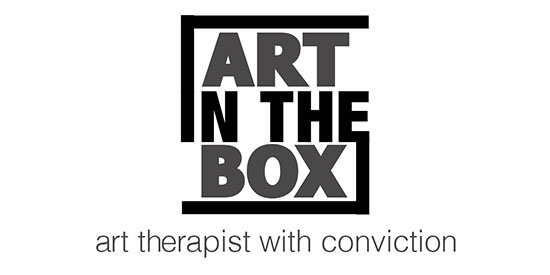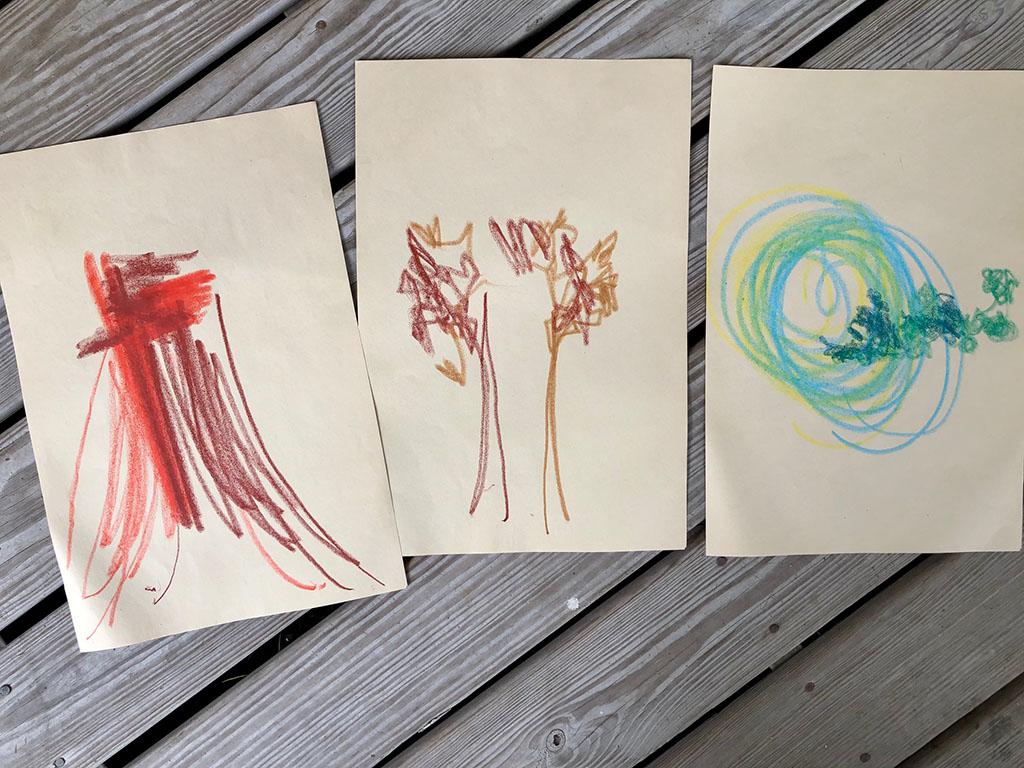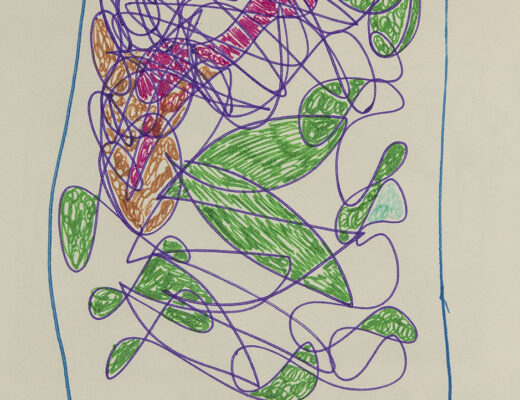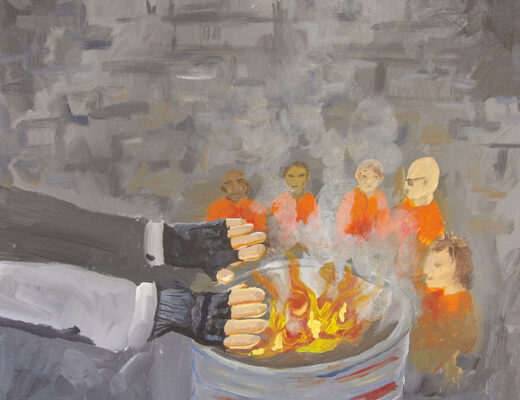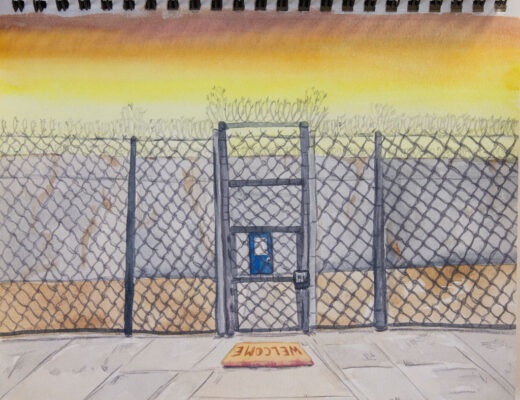Closet-Sized Interview Room
After receiving back to back mental health and group requests from a patient, I was a bit apprehensive about her coming to group this day. From an earlier individual session, Mary angrily demanded that I change jail rules so she could be moved from her current housing. She became louder and more enraged unable to speak rationally. Sitting together in a closet-sized interview room, her anger required me to conclude our session early for safety. In any correctional institution, only security designates dorm assignments for inmates. When faced with the reality of their legal situation, inmates become angry and pose challenges to safe expression in a female correctional group setting.
What Keeps Us Alive
In this group of 8 female inmates, all participants had been to the group previously and Mary attended today for the first time. To begin, we reviewed the group rules and any new members signed the rules. The session began with psychoeducation about a breathing technique. I began to ask them questions about how many times on average does one take a breath in a minute? (Approx. 15). How much oxygen is in our air? (21%) The discussion culminated with one main point about the breath: no matter what, the body will keep us alive by breathing. Further, I shared what an amazing discovery, the very essence of what keeps each of us alive is already within us. We can tether ourselves to the rhythm of our breath anytime. From my studies of mindfulness researcher and practitioner Kabat-Zinn (1994), I encouraged connection to the breath as if our life depended on it. Next, the group was led in a breathing and guided imagery meditation, asking patients to imagine a safe place in nature they enjoy, a place imagined or real and where they can be by themselves.
Resting Bitch Face
After the restful venture, members expressed they felt calm and refreshed. Mary was disengaged, maintaining her “resting bitch face.” So, I began our project by asking each person to choose an object from their imagined safe place in nature. Then provided crayons, card stock, white copy paper and scrap paper remnants. Next, I invited them to sculpt and/or draw their objects from nature in any way they wish. With joy, patients engaged with the materials in a fury of creation with conversation.
Scribble Your Way Out
Mary sat unmoving with her blank piece of white paper in front of her. I asked which hand she uses to write with. She signaled, moving her right hand. I suggested to help her get started, “use your left hand and scribble with the crayon to fill up the page.” She looked at me and did not comply. With calm, I returned to drawing alongside the group. Slowly, she began to draw.
Lava to Rock
As patients finished, a natural conversation about the images emerged. Last to speak, Mary shared about her image. She said it was a bumpy road and a tree. The road, wide at the bottom of the page, triangulated up to a flat line towards the top of the page. With reluctance, she commented the road was originally going to be a volcano. In the image, the road was filled with numerous brown dots, suggesting a bumpy ride. To its left, a large tree with lines on its trunk opened to a crown of truncated, dagger-like branches. A faint indication of light green marks was made on the branches.
For Every Season
Another patient asked, “what season is this?” Mary replied, “I don’t know.” I suggested, “maybe it could be spring, looks like the leaves are sprouting.” Time was up; we reviewed ways mindfulness and creativity can be added in moments through their day to release stress and tension back in their jail dorm. I provided praise for their creativity, openness and flexibility to the group task. Patients expressed gratitude for this group providing a break from the dorm. Then, everyone got up and gathered at the steel green door awaiting to hear the electronic sound of the lock to be escorted back to their dorm by the deputy.
Cutting the Tension
As I cleaned up the room, I witnessed the remaining images as bright and cheerful recalling stories of music, families, homes, picnics and more. Mary’s image stood in contrast with harsh textures and no story of good times. When lava cools, the magma forms rock. Likewise, Mary moved from a volcano to that of a bumpy road and tree. Possibly, the group members may have encouraged her to move away from the tension or she may have felt the pressure to conform. Perhaps, the small hints of sprouted leaves might make room for a new way.
Art Therapist with Conviction
Through my art therapy education, artmaking is engrained not only for patients but for us art therapists too. In supervision, artmaking helps to reflect on our therapeutic process with patients. Based on Elbrecht’s (2018) Guided Drawing process, I created a series of 3 images called “For Every Season” to reflect on this session. With 2 oil pastels in hand, I imagined the hostility and anger felt by my patient as lava erupting through hard up and down scribbles that truncated at the top. Physically, I felt claustrophobic, trapped by the anger. In the second image, I drew the dagger-like branches. With eyes closed, it felt like I was punching. In my final image, I imagined what I needed to move away from this pain. I chose a sunny yellow and light blue water oil pastels and calmly drew flowing circles. I stopped to scribble some earthy green leaves. With careful body attention, I was able to release the witnessed tension and come back to my calm core. In reflection, I recalled the song, Turn! Turn!, Turn! (1961): “To everything (turn, turn, turn)/There is a season (turn, turn, turn)/And a time to every purpose, under heaven.” Then I desired: “A time for peace, I swear it’s not too late.”
References
Elbrecht, C. M. (2018). Healing trauma with guided drawing: A sensorimotor art therapy approach to bilateral body mapping. Berkeley, CA: North Atlantic Books.
Seeger, P. (1961). Turn! Turn! Turn!. [Recorded by The Byrds]. On Mr. Tambourine Man [Vinyl record]. New York City, NY: Columbia Records.
Kabat-Zinn, J. (1994). Wherever you go, there you are: Mindfulness meditation in everyday life. New York: Hyperion.
